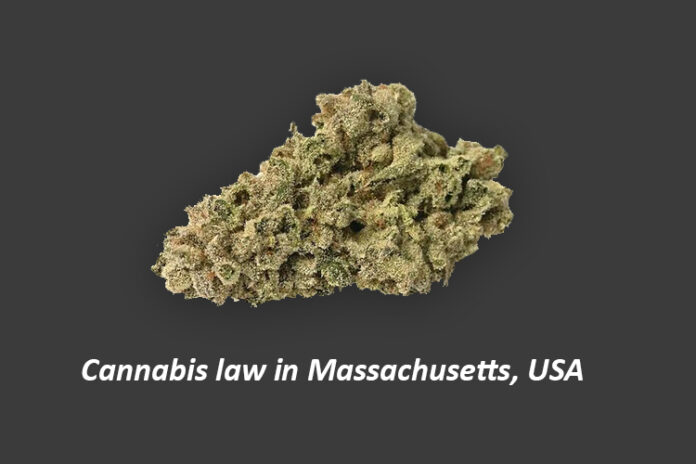Cannabis Law in Massachusetts
Massachusetts legalized the use of recreational cannabis for adults aged 21 and over in 2016, becoming one of the first states on the East Coast to do so. The state allows individuals to possess up to one ounce of cannabis outside of their residence and up to ten ounces inside their residence, as well as grow up to six plants at home, with no more than 12 plants per household. Here is an overview of the cannabis law in Massachusetts.
Cannabis Retail and Licensing
Massachusetts allows for the establishment of licensed cannabis dispensaries, cultivators, and product manufacturers. The state regulates and licenses these businesses through the Cannabis Control Commission. The Commission also oversees the implementation and enforcement of the adult-use cannabis law in Massachusetts.
In order to obtain a license to operate a cannabis business in Massachusetts, individuals and companies must go through a rigorous application process that includes background checks, financial disclosures, and community impact plans. The state prioritizes applications from individuals from communities that have been disproportionately impacted by the war on drugs.
Taxes and Revenues
The state imposes a 10.75% excise tax on cannabis products, as well as a 6.25% sales tax on all retail sales. Local governments can also impose an additional 3% tax on cannabis sales within their jurisdiction. The tax revenue generated from cannabis sales is used to support various programs, including substance abuse prevention and treatment, public health initiatives, and local aid.
Testing and Labeling Requirements
All cannabis products sold in Massachusetts must be tested for potency and contaminants before they can be sold. The state requires testing for a range of contaminants, including pesticides, mold, and heavy metals. Cannabis products must also be labeled with specific information, including the amount of THC and CBD in the product, the name of the cultivator, and the date of harvest.
Medical Cannabis
Massachusetts also legalized the use of medical cannabis in 2012. The state’s medical cannabis program allows individuals with qualifying medical conditions to use cannabis for therapeutic purposes with a recommendation from a healthcare provider. Patients can possess up to a 60-day supply of cannabis for personal use.
Conclusion
Overall, Massachusetts’ cannabis law is focused on promoting social equity in the industry while also protecting public health and safety. The state imposes taxes and regulations on the industry to ensure that cannabis products are safe and of high quality. It is important for individuals to understand the specific details of the law in order to use cannabis safely and legally in Massachusetts.



